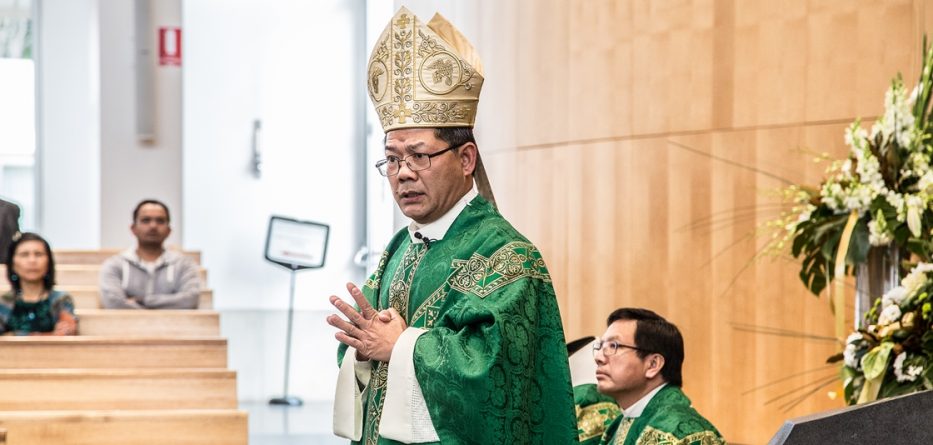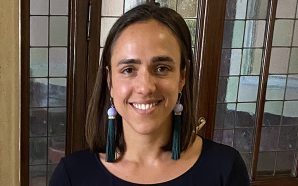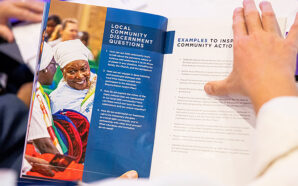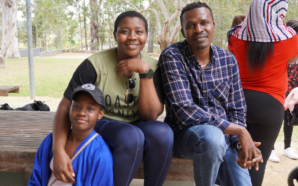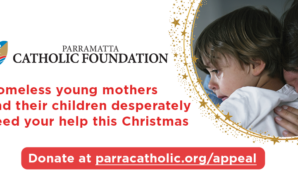Dear friends,
Yesterday, among all the less inspiring headlines such as the ongoing Royal Commission hearing into sexual abuse in the Catholic Church, the defection of Senator Cory Bernardi from the Liberal Party, and of course President Trump’s latest antics, there was a story about a flight attendant saving a victim of human trafficking.
On a domestic flight in the US, a flight attendant saw a dishevelled girl sitting beside an older, well-dressed man. Feeling something not right, she left a note for the girl in the plane’s toilet – enabling the girl to explain that she needed help. It turned out the girl was a human trafficking victim – and the attendant’s instincts helped to save her. The pilot was able to inform the police, who were waiting when the plane landed.
This could have happened in our country and the sad thing about it is that many stories of human trafficking victims do not have a good ending like the one reported in the paper yesterday.
In Australia, whenever the word human trafficking is mentioned, people often think of seafaring asylum seekers and the so-called people smugglers that organise, exploit and benefit from this human trade. Therefore, it is claimed that the only way to stop this form of human trafficking is by stronger border protection, even to the point of turning back the boats or detaining the asylum seekers harshly and indefinitely. It amounts to victimising the victims in order to deter others. But I have digressed.
There are other forms of human trafficking that are even closer to home than our northern maritime borders. That is the subject matter that this little book written by Christine Carolan and Noelene Simmons seeks to inform us and I have the honour of commending it to you this evening. It is nothing less than modern day slavery where the victims are forced to live in fear, deprivation and servitude.
Yet, these forms of exploitation like forced labour, forced marriage, debt bondage etc… exist in our midst and even flourish because of society’s greed for cheap goods and services. Without realising it, we can be complicit by way of our unwitting consumption habits.
I commend this precious little book to you. I likewise commend the work of ACRATH (Australian Catholic Religious against Trafficking in Humans). Their tireless education, research, advocacy and accompaniment have made a huge difference for people who have been trafficked in Australia and beyond.
Religious are often at the coalface; they occupy liminal, peripheral and precarious places. Like Christ, they identify with the marginalised by immersing themselves at the margins. ACRATH is evidence of this radical immersion and movement to free people from exploitation. They show us that when we stand in solidarity with those without hope and act together, we can be channels of hope.
To download resources prepared by ACRATH, click here.
To read more about human trafficking, click here.




